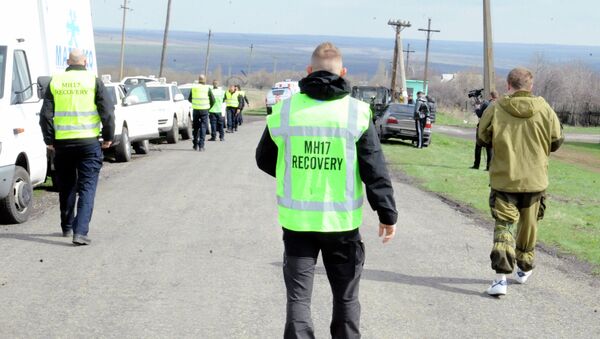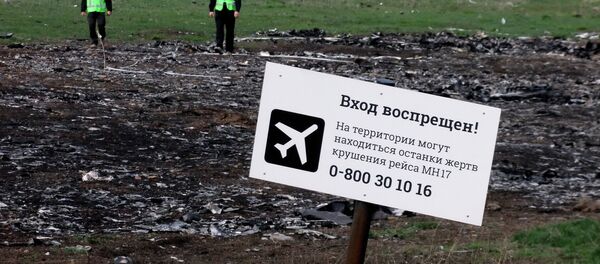However, Dr. Neal Krawetz, a computer expert and the founder of the company which Bellingcat based their report on, had a different opinion on that.
"I had nothing to do with their [Bellingcat's] faulty analysis," Dr. Krawetz said on his Twitter account.
@Malinka1102 "distances itself"? Understatement. I had nothing to do with their faulty analysis.
— Dr. Neal Krawetz (@hackerfactor) 2 июня 2015
Dr. Krawetz's statement puts Bellingcat in a ridiculous situation. After Bellingcat goes around screaming to the whole world about Russia's alleged falsification of the satellite images, the director of the company, they referred their "analysis" to, tells everyone that his company had nothing to do with Bellingcat's faulty report.
Furthermore, German image forensics expert Jens Kriese also picked apart Bellingcat's analysis. It turns out the forensic analysis of images cannot even provide a clear answer.
"That's an erroneous interpretation. They [Bellingcat] claim that the metadata shows that the images were processed using Photoshop. Based on that they are concluding it was the clouds that were likely added in order to conceal something. The truth is that the indication of Photoshop in the metadata doesn't prove anything," Kriese said, as cited by Spiegel.
The German expert added that Russians had to use some sort of program to process the satellite images for the presentation and that does not mean that the images were manipulated. The image "analysis" conducted by Bellingcat is a "good example of how not to do forensic analysis," Kriese said. It is like "reading tea leaves" trying to figure out whether the satellite images were in any way edited, Kriese added, according to Spiegel.
‘Reading tea leaves’: German expert #JensKriese questions #Bellingcat’s #MH17 #FotoForensics photo scoop says #Russia http://t.co/QBgsOPSAWV
— Captain Starkiller (@cpnStarkiller) 5 июня 2015
At the end of the day, the "'analysis' achieved nothing, other than promoting Bellingcat," Kriese said.



